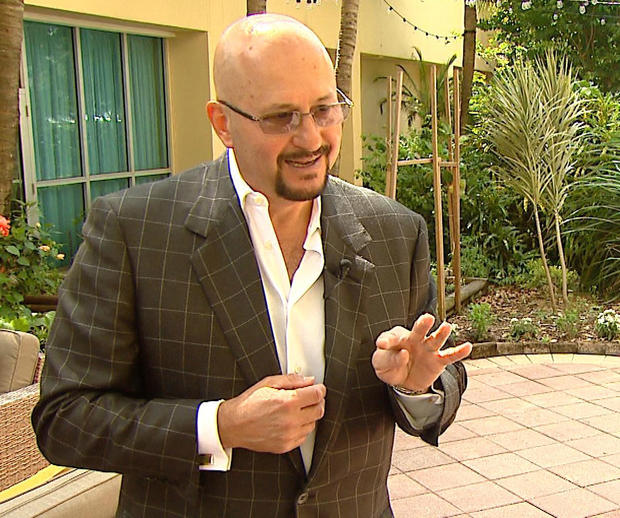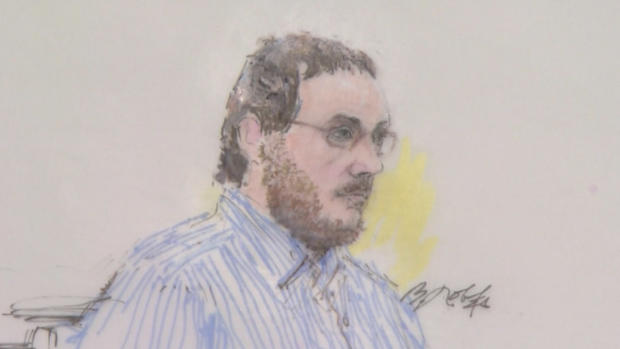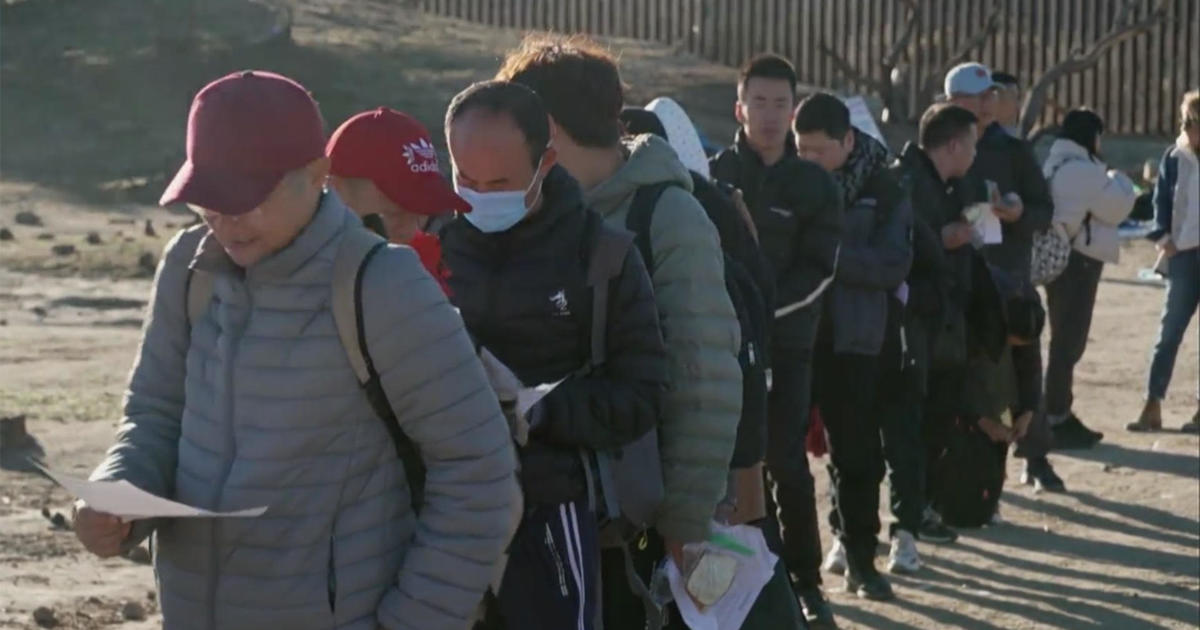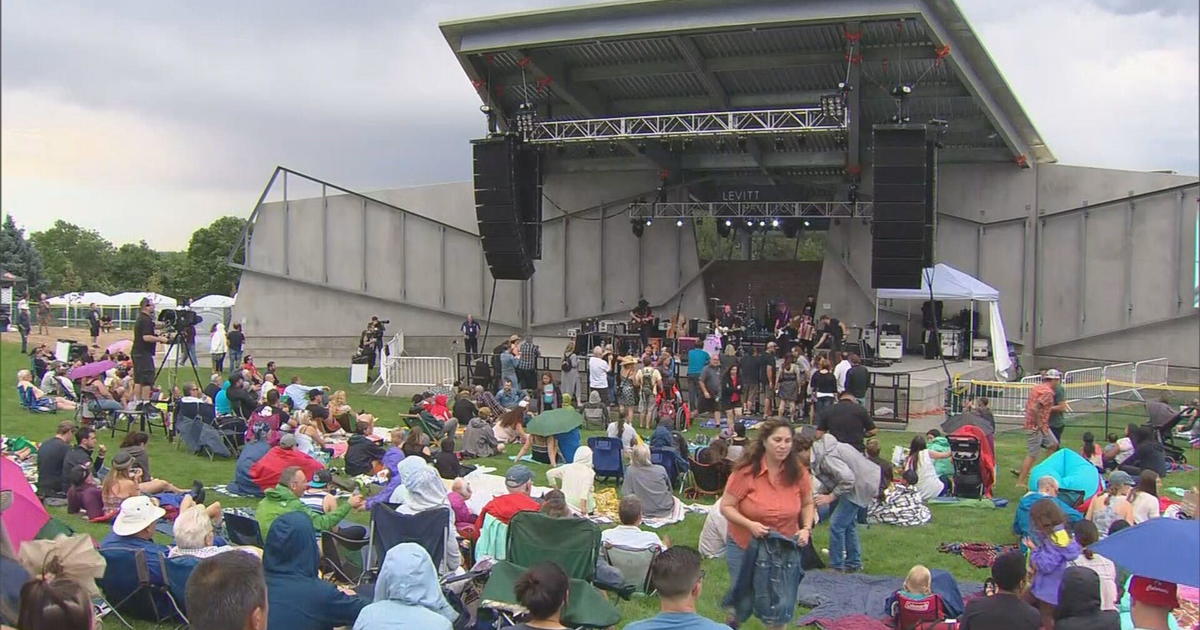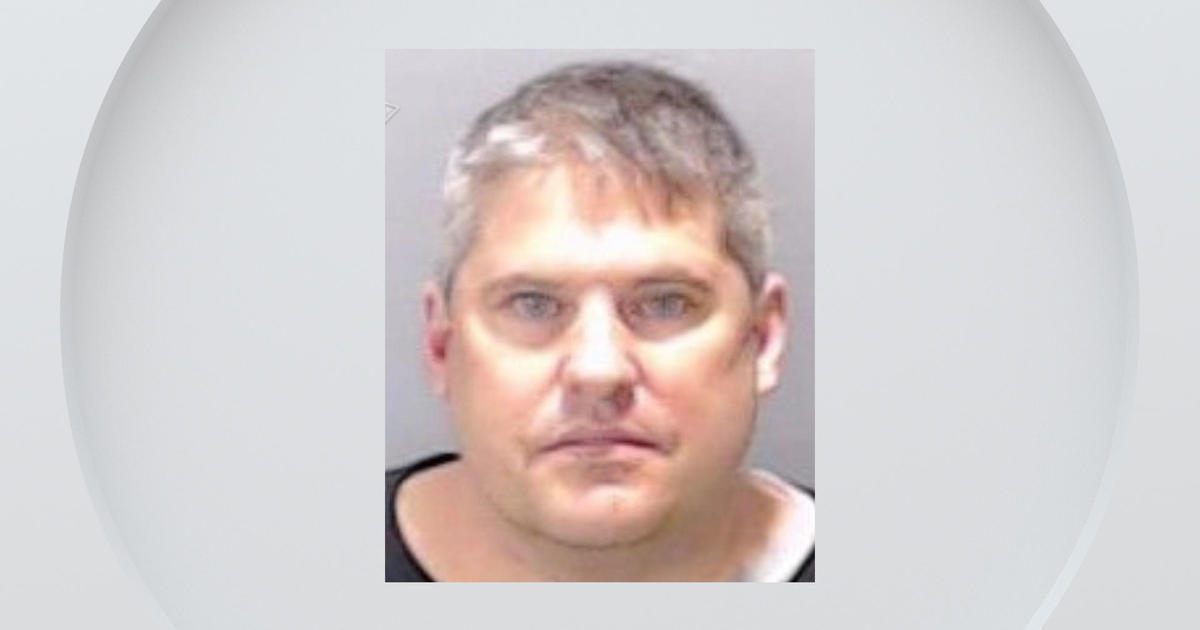Finding a Balanced Jury Can Be Tricky In High-Profile Cases
ARVADA, Colo. (CBS4) - Former juror David McCanless remembered the six weeks he spent on a jury well. He liked it.
"You know what I thought about the jury? I was amazed about the competency," said McCanless.
He served on the jury in the insider trading trial of former Qwest CEO Joe Nacchio.
"My opinion of lawyers went downhill," he observed. "Of juries it went uphill."
He wasn't impressed at all with Nacchio's defense team and even thought the prosecution could have done a better job. But he was part of a 12-person jury that found Nacchio guilty in 2007 of 19 counts of insider trading.
It had it difficult moments.
"There are days you just have to force yourself to focus. It's just like any other long project."
It took six weeks.
"They become very close," said jury expert Jessia Hoffman-Brylo about juries in long trials. "They are usually instructed not to talk about the case so they talk about their families and their personal lives."
Juries immediately know they are now different.
"They share that unity and throughout the trial they're not looking at media like everybody else is so it becomes kind of a little clique," said Brylo.
There are certainly differences in the Nacchio jury and the jury being impanelled for the trial of accused Aurora theater shooter James Holmes. Nacchio was in federal court and he did four years after his conviction. The jury in the Holmes case may decide to take his life.
RELATED: Defiant Joe Nacchio Lashes Out Against Those Who Sent Him To Prison
But McCanless found the jury to be very conscientious and some were even upset.
"It actually came to tears the last day."
It was the notion of affecting the life of Nacchio's family with their decision.
"There were two jurors who were simply almost emotionally incapable of making a decision. They were so upset about the fact that by making a decision that they might destroy this man's life."
But they realized that choice had been made by Nacchio.
"The final straw was that at some point they simply realized that they couldn't be bothered with that."
Questioning of the potential members of the Holmes jury may be lengthy. They will have to be "death qualified," to be able to impose the death penalty should the trial get to that point.
"There's always the concern of a stealth juror that wants to get on the panel," said Brylo. "But there's no magic to getting around that other frequent questioning and coming at them from all angles."
There is not only the potential of someone who is personally opposed to the death penalty, or certain of its need, but in a case this big, the potential of someone seeking to get on the jury just for personal enrichment after the case is over.
"You just have to ask them certain questions and monitor their body language and then ask a different question and see if the body language changes and that's how you have to make your questions as to who might have an agenda."
Attorneys will test their cases with focus groups or in mock trial in big cases. Chances are the defense often has more money for that than the prosecution.
RELATED STORIES: Aurora Movie Shooting Story Archive
"They'll give maybe some opening statements like they would in court to give an overview of what the case would be," said Brylo. "(They'll) have videotaped testimony of some of the experts, run all that by them, give some closing arguments, then let the jurors deliberate.
"You'll see some group dynamics evolve -- you might find out some things about demographics of jurors that work for you and don't and what types of leaders you want or not want. Most importantly find out what kinds of evidence works and what the story of the case needs to be."
The idea of a jury of peers is a goal, but ultimately unlikely in a demographic sense. There are hardships and many juries are disproportionately retired people who have time to serve. Many times self-employed people are excluded. Payments to jurors have not kept up with compensation in society and it's a hardship for many.
David McCanless was an exception. He is self-employed, operating a company that installs low-voltage systems and high-tech equipment into homes and businesses. But his family picked up slack. He felt it was his duty as a citizen and came away feeling better about the American system.
"I came away from that experience being refreshed, if you will, about the state of our democracy, about the state of our legal system, about what I think about the jury system."
Alan Gionet is anchor of the CBS4 Morning News and reports on a wide variety of issues and "Good Question" stories. He started at CBS4 in 1994. Follow Alan on Twitter @AlanGTV.
